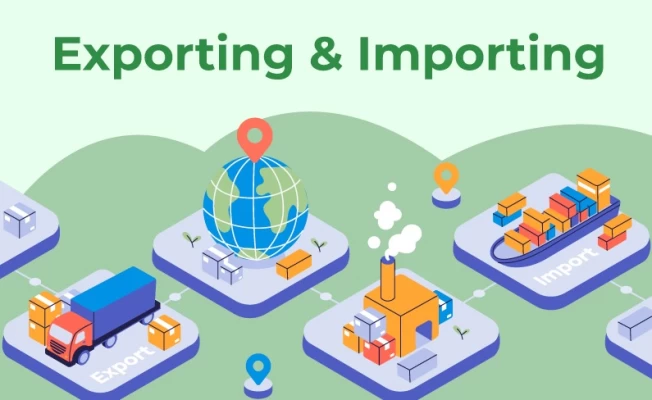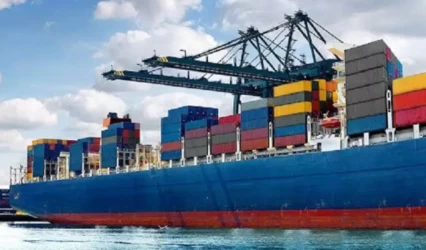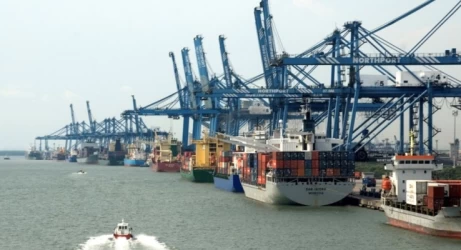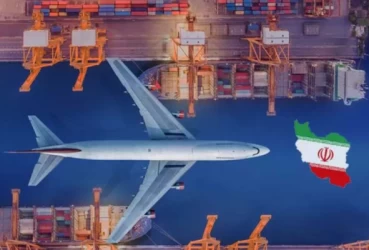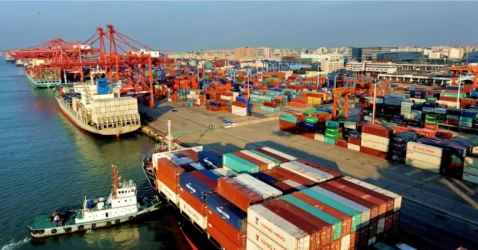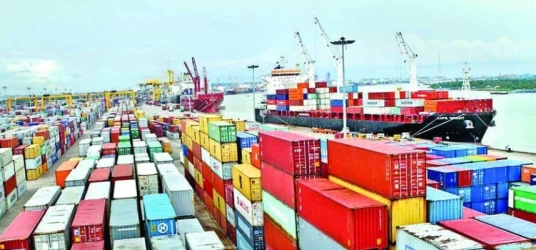Common Terms in Importing and Exporting Goods
Navigating the world of international trade can be complex, especially with the myriad of terms and acronyms used. Understanding these terms is crucial for anyone involved in importing and exporting goods. Here’s a comprehensive guide to some of the most common terms you’ll encounter.
1. Incoterms
Incoterms (International Commercial Terms) are a set of rules published by the International Chamber of Commerce (ICC) that define the responsibilities of sellers and buyers for the delivery of goods under sales contracts. Here are some key Incoterms:
- EXW (Ex Works): The seller makes the goods available at their premises. The buyer bears all costs and risks involved in taking the goods from the seller’s premises to the desired destination.
- FOB (Free on Board): The seller delivers the goods on board the vessel nominated by the buyer. The risk of loss or damage to the goods passes when the goods are on board the vessel.
- CIF (Cost, Insurance, and Freight): The seller delivers the goods on board the vessel and pays the cost and freight necessary to bring the goods to the port of destination. The seller also procures marine insurance against the buyer’s risk of loss or damage during the carriage.
- DDP (Delivered Duty Paid): The seller bears all costs and risks involved in bringing the goods to the place of destination and has an obligation to clear the goods for import, pay any import duty, and carry out all customs formalities.
2. Shipping Terms
- Bill of Lading (BOL or B/L): A document issued by a carrier to acknowledge receipt of cargo for shipment. It serves as a shipment receipt when the carrier delivers the goods at the predetermined destination.
- Air Waybill (AWB): A document that accompanies goods shipped by an international courier, providing detailed information about the shipment and allowing it to be tracked.
- Freight Forwarder (FF): A company that arranges the shipping and logistics of goods on behalf of shippers. They handle the transportation from the manufacturer to the final point of distribution.
3. Customs and Compliance
- Customs and Border Protection (CBP): The agency responsible for regulating and facilitating international trade, collecting import duties, and enforcing U.S. regulations, including trade, customs, and immigration.
- Certificate of Origin (COO): A document used in international trade that certifies that the goods in a particular export shipment are wholly obtained, produced, manufactured, or processed in a particular country.
- Harmonized System (HS) Code: An internationally standardized system of names and numbers to classify traded products. It is used by customs authorities around the world to identify products when assessing duties and taxes and for gathering statistics.
4. Payment Terms
- Letter of Credit (LoC): A letter from a bank guaranteeing that a buyer’s payment to a seller will be received on time and for the correct amount. In the event that the buyer is unable to make a payment on the purchase, the bank will be required to cover the full or remaining amount of the purchase.
- Bill of Exchange (B/E): A written order used primarily in international trade that binds one party to pay a fixed sum of money to another party on demand or at a predetermined date.
5. Trade Agreements and Regulations
- Free Trade Agreement (FTA): A pact between two or more nations to reduce barriers to imports and exports among them. Under a free trade policy, goods and services can be bought and sold across international borders with little or no government tariffs, quotas, subsidies, or prohibitions to inhibit their exchange.
- Export Control Classification Number (ECCN): A five-character alphanumeric code used in the Commerce Control List to identify items for export control purposes.
Understanding these terms is essential for anyone involved in international trade. They help ensure that transactions are conducted smoothly and that all parties are aware of their responsibilities and obligations. Whether you are a seasoned trader or new to the field, familiarizing yourself with these terms will help you navigate the complexities of importing and exporting goods.
If you have any specific questions or need further clarification on any of these terms,Iran's logistics experts are your answer!

